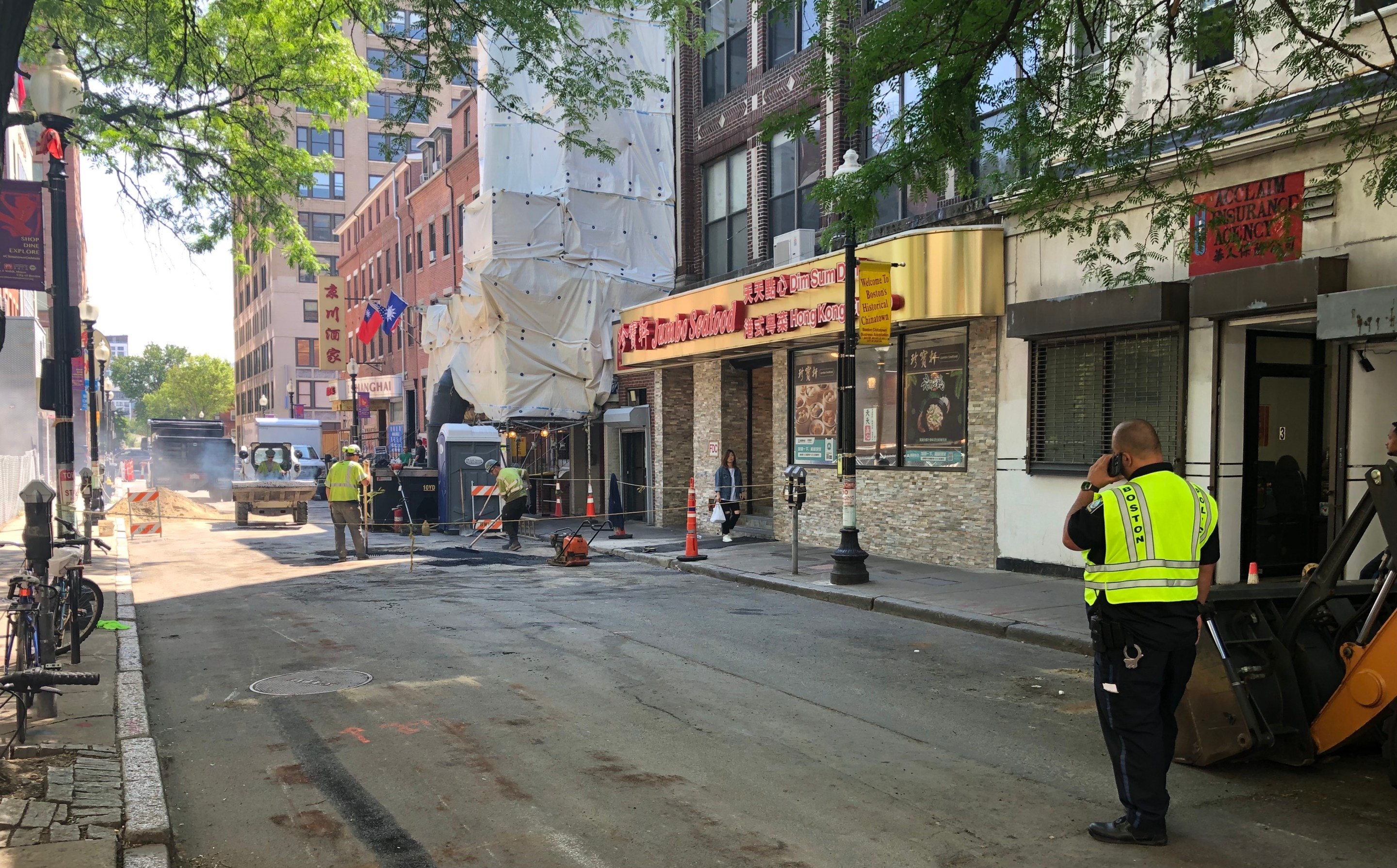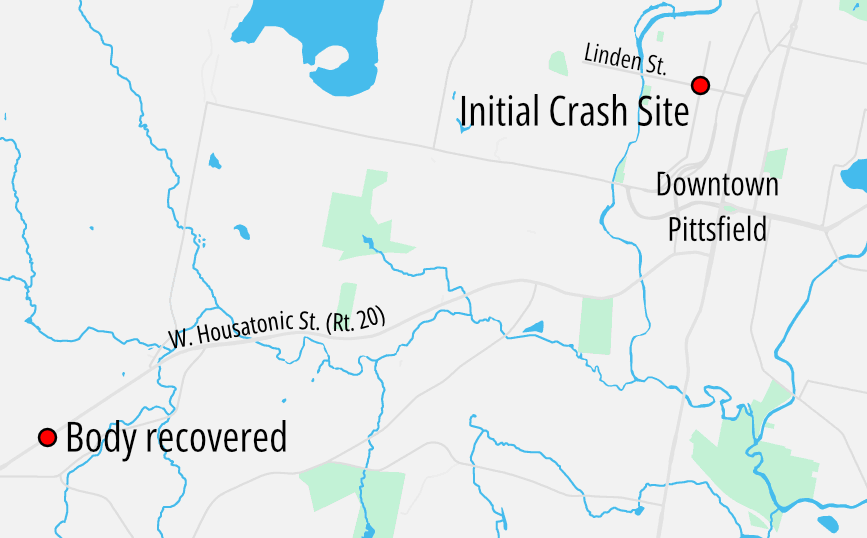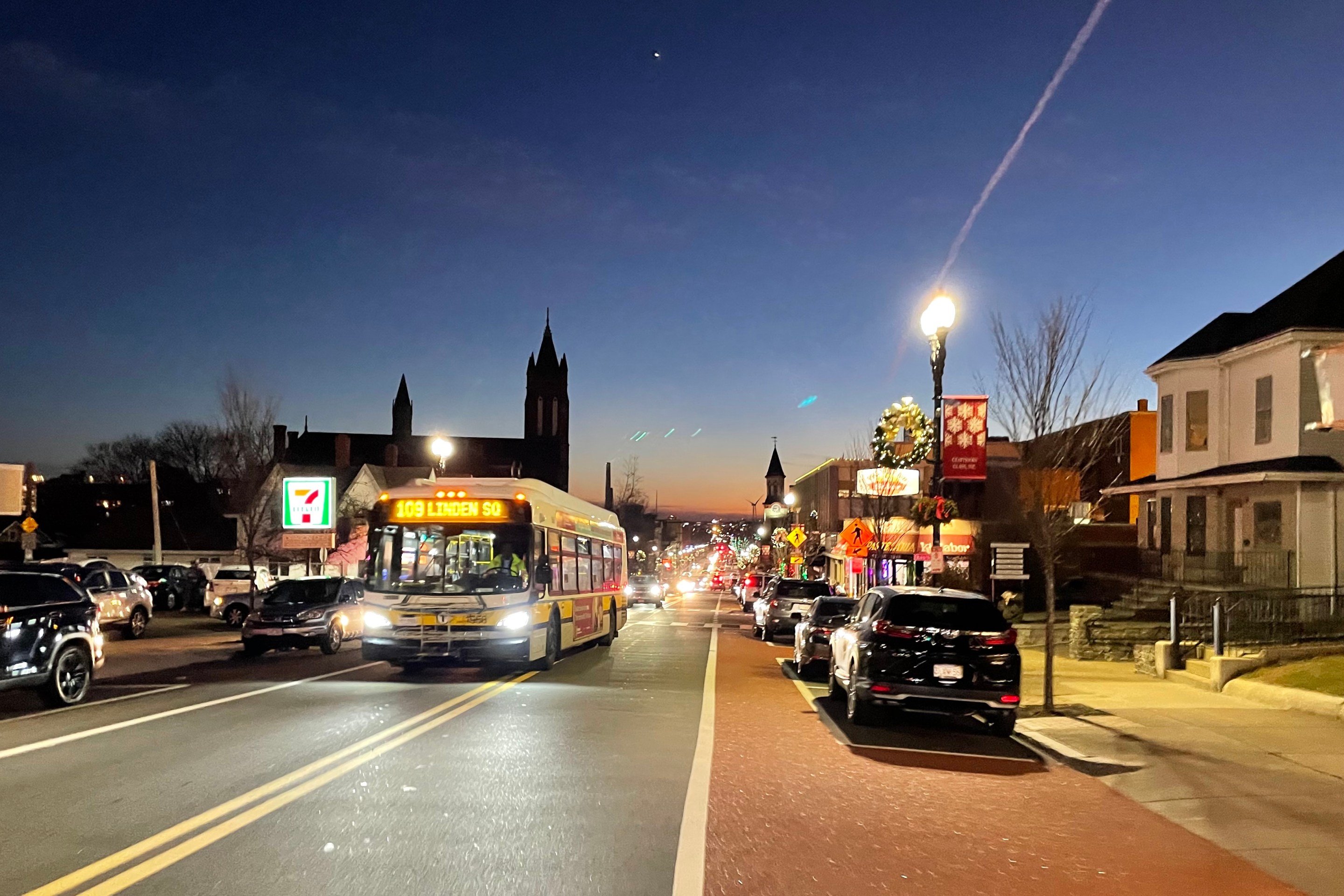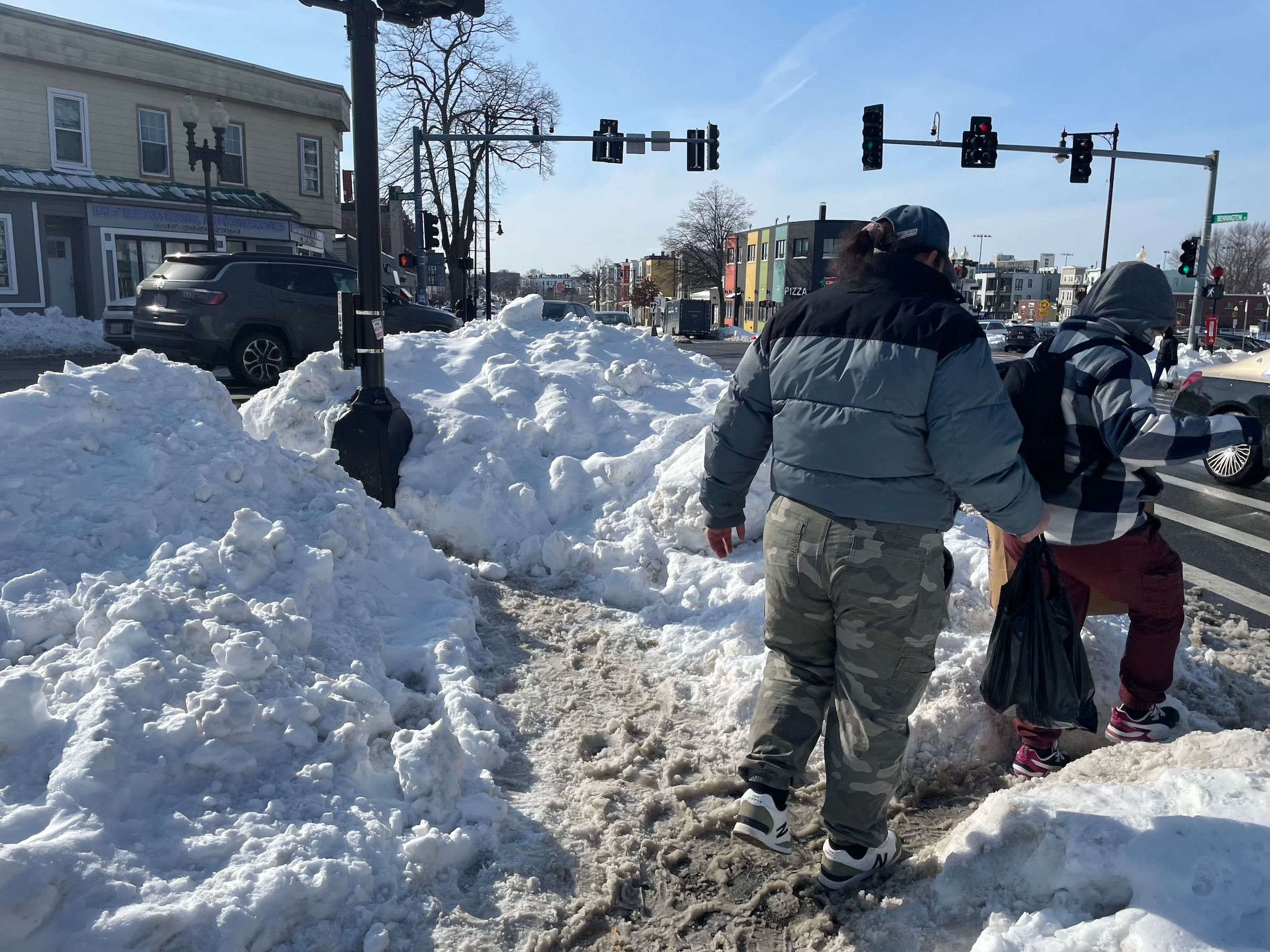
Last week, the labor union that represents most Boston police officers ratified a new contract that will introduce a number of reforms – including one that will start allowing civilians to take unwanted traffic detail shifts at construction sites.
Under the former contract, Boston Police officers were the only people allowed to direct traffic for events and at construction sites. And they got paid extremely handsomely to do so: Boston police working as flaggers take home $60 an hour.
In spite of that lucrative pay, Boston has a lot of construction sites, and fewer and fewer people who want to wear a police uniform.
Boston City Councilor Kendra Lara told StreetsblogMASS earlier this year that over 40 percent of requests for police details at construction sites were going unfilled.
The new labor contract removes a key barrier to reforming this system. But there is still a city ordinance on the books that requires at least one Boston Police officer at every city construction site "to protect the safety and general welfare of the public and to preserve the free circulation of traffic."
A press spokesperson for Mayor Michelle Wu told StreetsblogMASS last week that their office is aware of the ordinance and has "identified multiple legal paths to implementing the new collective bargaining agreement."
Old rules created absurd delays for street projects
Councilor Lara also told StreetsblogMASS that many privately-run construction sites will simply ignore the law and do their work without a flagger if nobody responds to their requests for a detail.
But construction firms who are sticklers for the rules can end up waiting months before a cop shows up to let them get their work done.
That's what happened earlier this year in Oak Square, where the MBTA waited a full year for a police detail to show up so that they could paint some new crosswalks on Washington Street in Oak Square.
Neighbors report that those crosswalks finally got painted in August – after a year-long wait.
New contract hikes pay, allows civilian flaggers
For all these reasons, allowing civilian flaggers at construction sites had been one of the city's key points of negotiation for a new collective bargaining agreement with its police union.
Police details will still be required at "high-priority" events and construction sites, which involve major streets, busy intersections, or major events that anticipate over 5,000 attendees. The new contract would also pay cops who work those high-priority details "the highest overtime rate of the most senior officer."
At other worksites, such as those along quiet neighborhood streets, Boston Police would still get the right of first refusal to fill traffic details. But if no Boston Police are interested, the work can be offered to other non-BPD certified officers, including campus police and retired Boston cops. If people with those qualifications still aren't interested, construction contractors can then offer the job to civilian workers.
The agreement further specifies that anyone directing traffic in those lower-priority sites will earn $60 per hour.
The new agreement will also ban cops from double-booking their shifts, which allowed some to get paid twice for the same period of time when one detail ended early.
Incredibly, the police department is still using a labor-intensive paper-based system to assign details in each police district. The new agreement will allow for a citywide electronic scheduling system.






